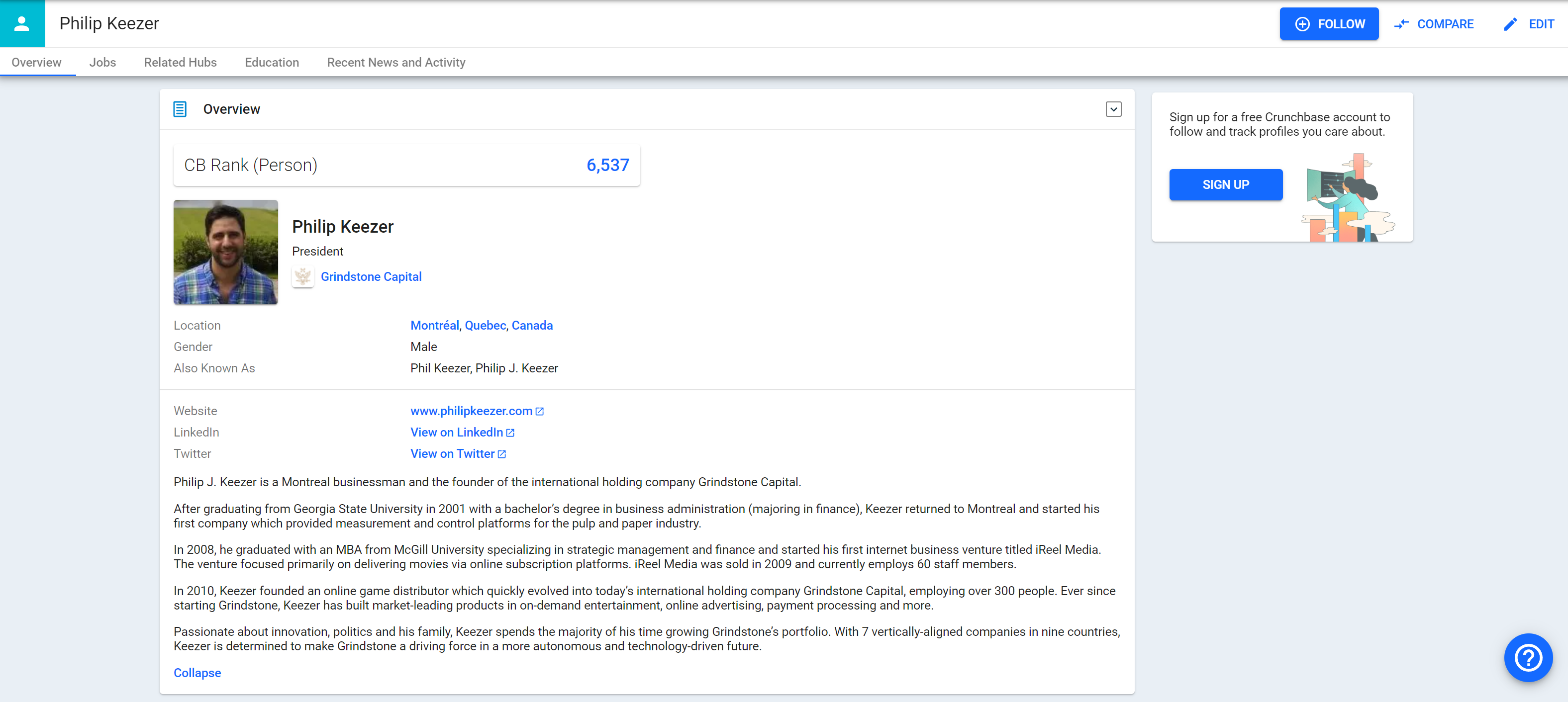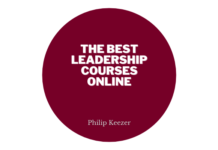Working on your personal brand improves the image of your company across the board, especially if you’re the leader.
People make companies. And it’s only natural that potential business partners and new hires will want to know which people they’ll be working with. So it’s important that your areas of expertise, core values and a good slice of your personality come across when people look you up.
In this article I’ll show you step-by-step how to build a strong personal brand that will put both you and your company in a great light.
1. Think about who you are, and what you have to say.
The branding exercises that you go through to establish a company’s mission, vision and core values are just as useful for your personal brand. A strong sense of purpose should underpin everything about your personal brand, so start off by thinking what your biggest drivers in life are and what you want to achieve.
Make a list of the following recurring themes that will come to guide your entire personal brand:
- Your work or career purpose
- Your passions in life
- Your story
- Your core values
- Your areas of expertise
- Your target audience
I put your target audience last, because it’s important to think about who you are before you try to resonate with anybody in particular. But it’s still important to understand what type of persona is most closely aligned with your objectives in work or life. Are you looking for new business opportunities? A job at a Fortune500 company? To network with people who share your political views?
Once you’ve figured all this out, you’re off to a great start with your personal brand.
2. Write a comprehensive bio.
Google likes bios, because it shows people what they want to find when they look you up – your story. Consult your list from above, and ensure that all of your values and areas of expertise come across in the bio. Focus keywords should be prominent, so that Google understands what you’re all about.
Now you can start to create profiles for yourself on social networks and business databases, like LinkedIn, Crunchbase and Angelist. These sites are real low-hanging fruit for your personal brand, because anybody can create profiles on them and they tend to rank very high in search. Drop your bio onto those profiles, and include links to all of your social profiles where possible so that search engines can start to build a picture of who you are and which online assets are yours.
Your bio should be authentic, and contain as much detail as possible if you want it to show when people look you up.


3. Create your own website.
There’s nowhere better to organize your thoughts and share your personality than your own website. That’s because you own everything, from the layout and design to the content itself.
Create a .com website with your name and start to share what’s important to you. If your content is educational and helpful for others, you’ll start to gain trust as an ‘author’ which can help to increase traffic to your site. This all helps to make you more visible and increases the confidence that people have in doing business with you.
As well as the bio I mentioned above, your website should contain photos, information about your skills and accomplishments, and a blogging channel through which you can post regular content. This will help to answer people’s questions and give a picture of the real you.
4. Start posting your own content.
The content that you post can range from short Tweets to long-form articles. For the best impact, you should create a diverse mix of content across all channels that is linked together by a consistent demonstration of your core values and areas of expertise.
You don’t have to post every day, but what’s important is that you come up with some kind of consistent schedule. It looks bad if you embark on a campaign of posting regularly for a few weeks and then there’s nothing for the next three months. Posting regularly helps your audience to know when they can expect something new from you, and it also helps Google to know how often to crawl your site for the latest content.
Post about what you know the most about, whether that’s cars, JavaScript or Microsoft adCenter.
The longer that you commit to posting content for your personal brand, the more you’ll start to see your audience grow organically. If you’re seeing new followers and engagement on a weekly basis, you’ll know that your efforts are starting to pay off.
5. Network with external sites and share your knowledge
To take your personal brand to the next level, you can venture outside of your own assets and start to network with other people.
Guest posts on external sites give you the opportunity to share your knowledge to a wider audience, and sometimes get a link back to your site. If you’re particularly accomplished or know enough about your subject matter, people might want to profile or interview you for their website. This helps to get extra visibility for your brand and populates the search results with new hits.
As with many things in life, a bit of give and take goes a long way. You’ll probably find that by taking an interest in the work of others, you’ll get more opportunities to share your own brand. This ‘exchange’ of publicity can be extremely effective. Just remember to do it only with people that you identify with; people that share your core values.
Once your personal brand is off the ground, you just have to maintain it over a period of months and you’ll start to see a positive impact from your efforts. And you won’t regret it.
Personal branding not only helps to gain extra visibility for your company and put the minds of future clients and employees at ease. As an influential figure, you never know when you might come under attack by trolls or become the victim of a scam. Having a strong personal brand helps you to triumph over these fraudsters by showing the world what you’re actually about.
Remember that your personal brand doesn’t just bring returns for you. By sharing your knowledge and expertise, you’re potentially helping other people to follow in your footsteps and find their own way in the world of business.














